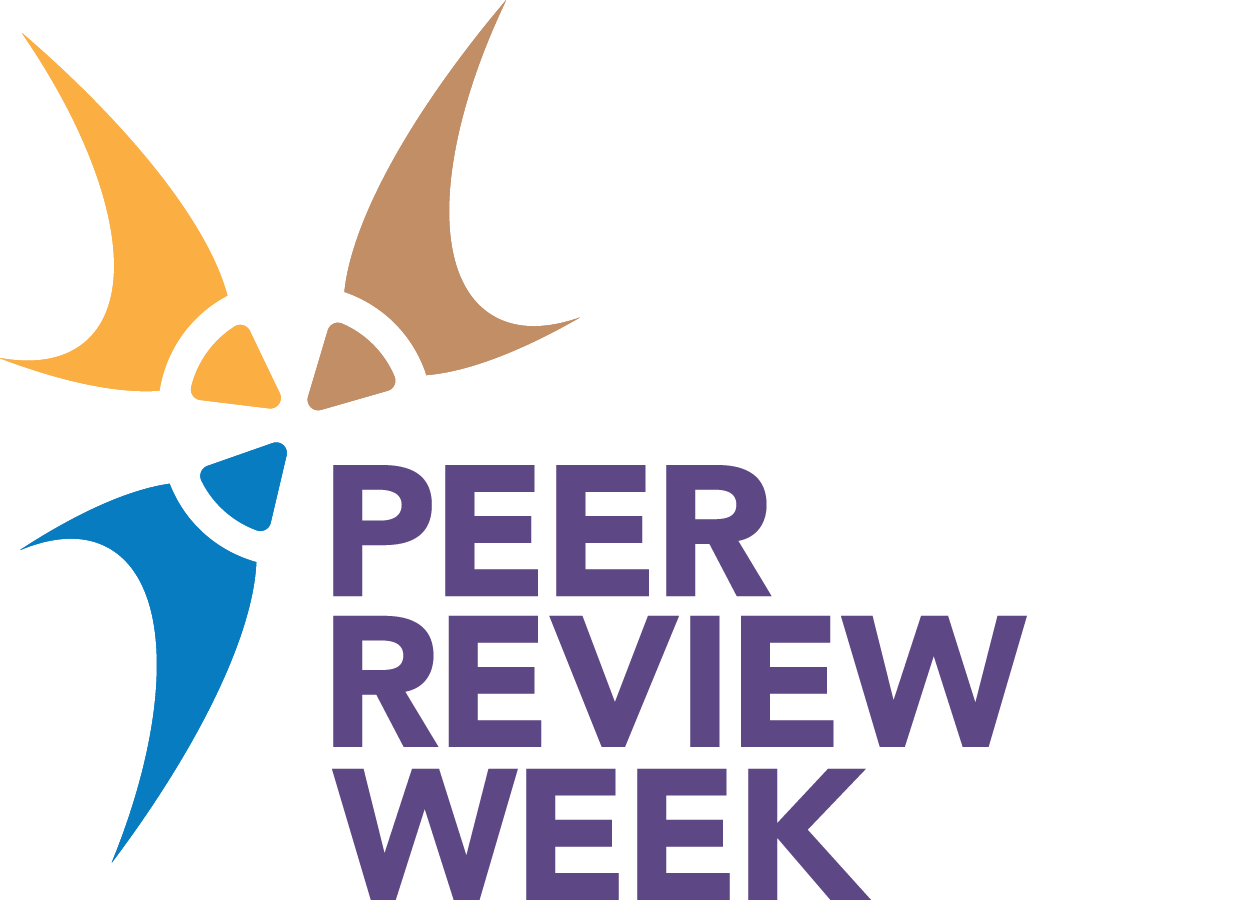What is Peer Review Week?
Peer Review Week is a yearly event that celebrates the key role that peer review plays in maintaining the quality of scientific research. This global event gathers individuals, institutions, and organizations who express values in good peer review and its importance within scholarly communications. This year, Peer Review Week 2020 took place from September 21–25 with the theme of “Trust in Peer Review”, highlighting the role peer review plays in publishing and why the research community should build trust in the peer review system.
What were the goals of Peer Review Week?
• To share ideas, information, and best practices of peer review
• To showcase the latest tools employed within the peer review process
Key Takeaways from Peer Review Week 2020
Organizations within the scholarly publishing industry contributed to the larger discussion using various platforms throughout Peer Review Week. These platforms included videos, blogs, infographics, surveys and webinars, among other media.
Organizations taking the lead in peer review-oriented discussions included:
• Springer Nature held a webinar about transparency in peer review, their peer review initiatives—including reviewer training for early career researchers—and peer review in the age of COVID-19. Springer Nature is also interested in your thoughts: They created a survey to gather participants’ opinions on whether (or not) researchers choose to peer review and more specifically, why researchers turn down requests to peer review for specific journals.
• The Royal Society used several different activities in their participation. They created a blog dedicated to their publishing process, to demonstrate how they are supporting the scientific community. Similar to other organizations, the Royal Society created a video, named From submission to publication: Six steps to inspire trust in science.
Peer Review Week 2020’s message expressed the importance of trust in peer review and how this trust can make a difference for the entire scholarly community. Through various events put forward by participating organizations, it remains clear why trust in peer review is important.
Check out the Peer Review Week official website for the full list of events and more. While some of the content is currently unavailable, get caught up on the activity by exploring Peer Review Week’s Twitter (@PeerRevWeek) and YouTube channel.



 Kathryn Muehlberger, Client Communications Specialist
Kathryn Muehlberger, Client Communications Specialist October 2020
October 2020 Previous Article
Previous Article